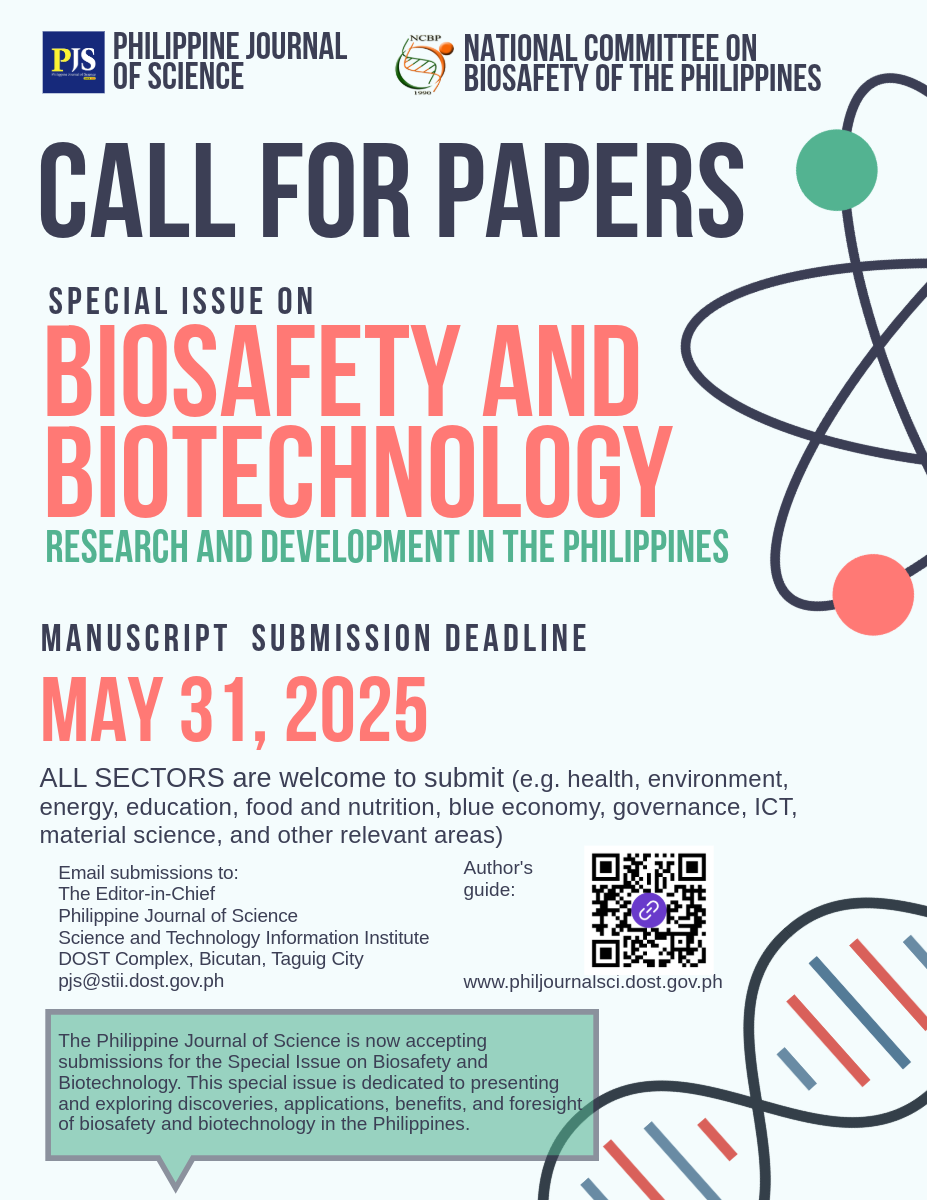Ingestion of Marine Plastic Debris by Green Turtle
(Chelonia mydas) in Davao Gulf, Mindanao, Philippines
Neil Angelo S. Abreo1, Edison D. Macusi2,
Darrell D. Blatchley3and Ginalyn C. Cuenca4*
12-2 Talomo Duplex Compound, Davao City, Philippines
Davao Medical School Foundation, Inc., Davao City, Philippines
2Aquaculture and Fisheries Group, Wageningen Institute of Animal Sciences
Wageningen University of Life, Wageningen, The Netherlands
3D' Bone Collector Museum, Inc., Davao City, Philippines
4Davao Medical School Foundation, Inc., Davao City, Philippines
corresponding author: This email address is being protected from spambots. You need JavaScript enabled to view it.
ABSTRACT
Marine plastic debris is a global problem that is threatening marine biodiversity. Different marine organisms have been exposed to the lethal and sub-lethal effects of this problem. Sub-lethal effects include reduced fitness due to reduced feeding, reduced reproductive output, limb amputation, and exposure to diseases and toxic materials, while lethal effects include drowning, gastro-intestinal blockage, and stomach rupture. Marine turtles are very vulnerable to these effects since these organisms actively ingest plastic mistaking it as prey. This adds stress to the declining population of marine turtles. On 17 April 2015, a dead adult female green turtle was recovered in Brgy. Lapu-lapu, Agdao, Davao City, Philippines. Necropsy showed that several plastic materials caused blockage in the pyloric end of the stomach which may have caused the turtle’s mortality.
INTRODUCTION
Marine plastic debris is considered a threat to marine biodiversity. The effects of plastic on marine organisms range from sub-lethal to lethal. Sub-lethal effects include reduced fitness due to reduced feeding and stomach capacity, vulnerability to predators, reduced reproductive output, limb amputation, exposure to diseases and toxic materials adsorbed to plastics that may cause physiological irregularities. On the otherhand, several studies have reported that plastic has caused mortality to marine species by drowning, gastro-intestinal blockage, and stomach rupture among others (McCauley & Bjorndal 1999; Plot & Georges 2010; Hirai et al. 2011; De Stephanis et al. 2013; Lavers et al. 2014). Aside from its direct impacts to individual marine organisms, plastic can also . . . . . read more









